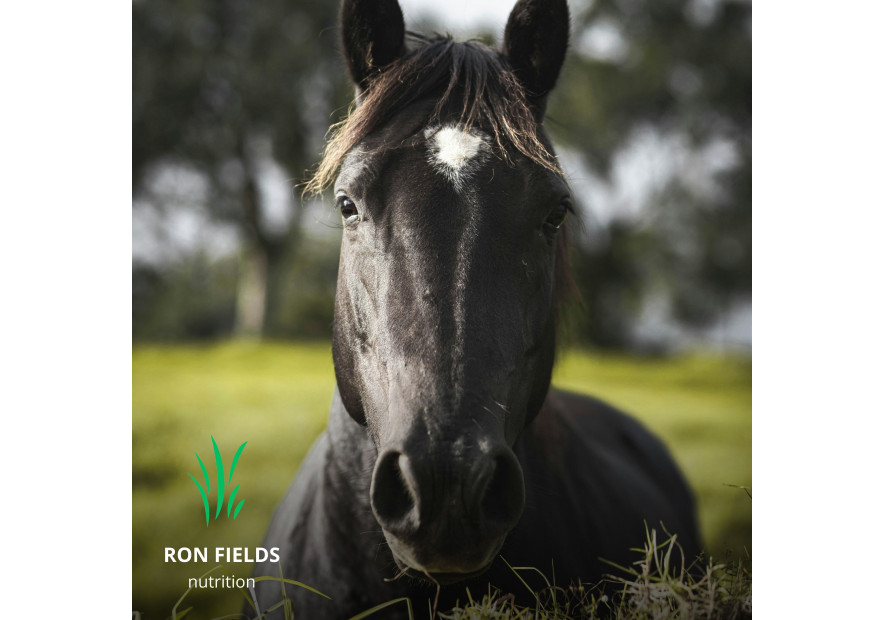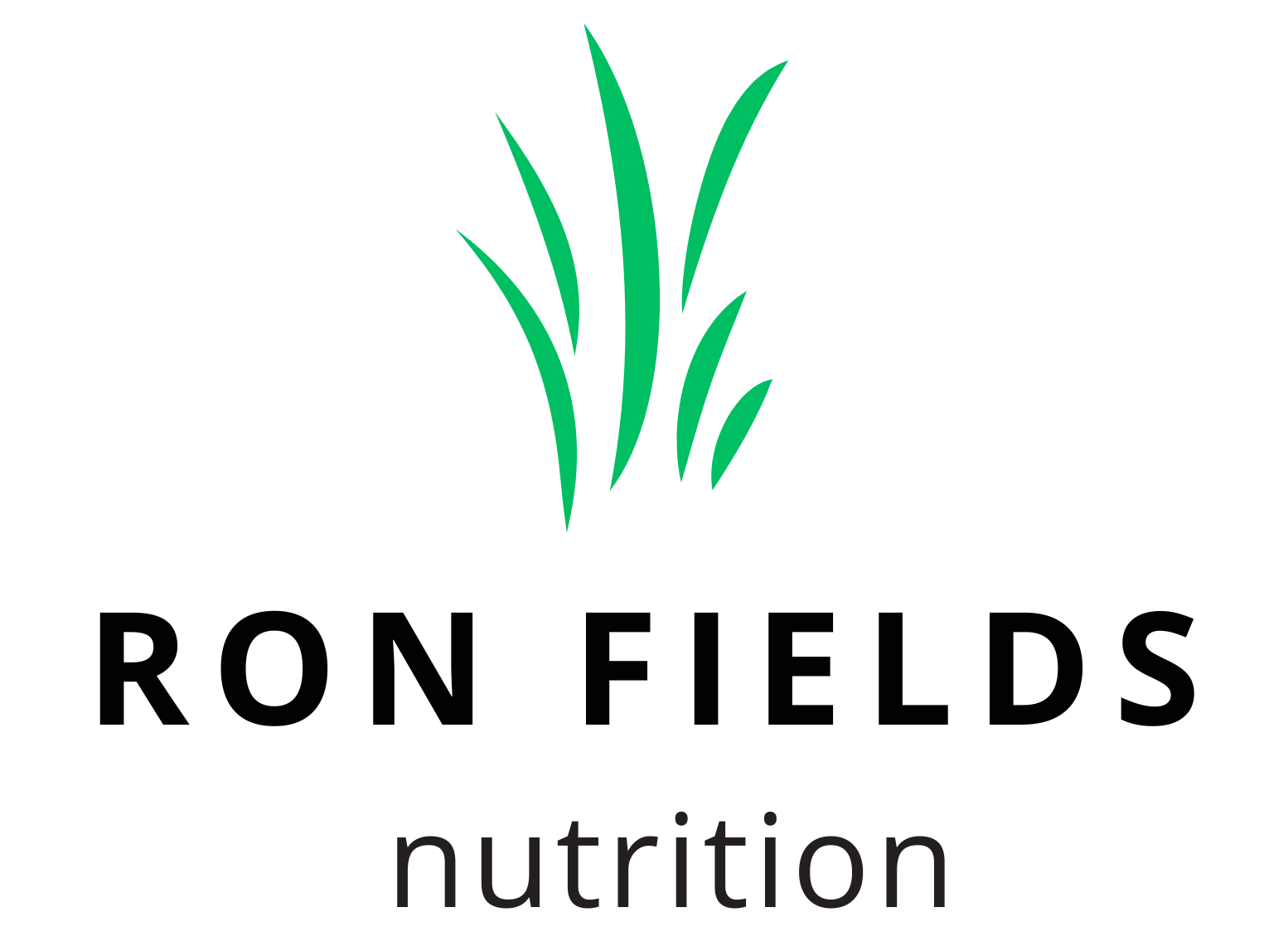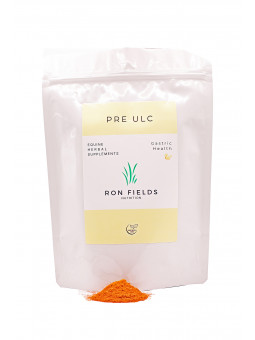Ulcers in Horses: Understanding, Treating, and Preventing

Gastric and colonic ulcers are common conditions in horses that can affect their health, performance, and overall well-being. As an owner or equine professional, it is essential to understand these conditions, their causes, and how to prevent or treat them effectively. In this article, we will explore the different types of ulcers in horses, their symptoms, and how the product PRE ULC by Ron Fields can play a key role in their management.
Gastric Ulcers in Horses: EGUS, ESGUS, and EGGUS
The Equine Gastric Ulcer Syndrome (EGUS) refers to a set of symptoms related to gastric ulcers in horses. These ulcers can occur in two distinct regions of the stomach:
The Squamous Region (ESGUS): Located in the upper part of the stomach, this area is covered by a thin protective mucosa. However, it is vulnerable to damage caused by acid splashing from the lower part of the stomach, as well as by bacteria or pathogens. Ulcers in this region are called Equine Squamous Gastric Ulcer Syndrome (ESGUS).
The Glandular Region (EGGUS): The lower part of the stomach produces acid, which is essential for digesting proteins and eliminating harmful organisms. This area is normally protected by a thick mucosa, but if this barrier is damaged, ulcers can form, leading to Equine Glandular Gastric Ulcer Syndrome (EGGUS).
Colonic Ulcers: Acidosis of the Hindgut
Colonic ulcers, or hindgut ulcers, affect the cecum and large intestine. These organs house a complex microbial flora (bacteria, fungi, protozoa, etc.) essential for digesting plant fibers. However, an imbalance in this flora can lead to acidosis, an inflammatory condition that can progress to ulcers.
What is Acidosis?
Acidosis occurs when foods rich in sugars or starch (such as certain forages or concentrates) reach the hindgut undigested. Their fermentation produces lactic acid, making the environment too acidic. Other factors such as stress, pain, parasites, or antibiotic treatments can also contribute to this acidosis.
The consequences of acidosis are multiple:
- Destruction of good bacteria, releasing toxins into the bloodstream (risk of laminitis).
- Proliferation of harmful bacteria (e.g., Lactobacillus and Streptococcus), associated with laminitis and colic.
- Difficulty in muscle recovery after exercise.
Prevention and Treatment of Ulcers in Horses
Preventing ulcers relies on optimal management of the horse’s diet and lifestyle:
- Diet: Prioritize a diet rich in fiber (hay, grass) and low in sugars and starch.
- Routine: Avoid prolonged fasting periods and limit sources of stress (transport, competition, isolation).
- Veterinary follow-up: Detect and treat signs of ulcers early (loss of appetite, lethargy, teeth grinding, recurrent colic).
For horses already affected, natural and effective solutions exist, such as the product PRE ULC by Ron Fields.
PRE ULC: A Natural Solution to Relieve and Prevent Ulcers
PRE ULC is a plant-based dietary supplement specifically formulated to treat gastric and colonic ulcers in horses. Here are its main benefits:
1. Protection of the Gastric Mucosa: PRE ULC forms a protective barrier over ulcers, shielding them from acidity and promoting healing.
2. Reduction of Inflammation: Thanks to its anti-inflammatory properties, it soothes irritated tissues and reduces pain.
3. Regulation of Acidity: It acts as a buffer to neutralize excess acidity in the stomach and hindgut.
4. Detoxification: It helps eliminate toxins accumulated in the digestive system.
5. Improved Appetite and Metabolism: By relieving digestive discomfort, it stimulates appetite and optimizes nutrient absorption.
6. Strengthening the Immune System: By supporting the intestinal flora, it contributes to the horse’s overall health.
Why Choose PRE ULC?
Unlike some medical treatments, PRE ULC is a natural solution with no side effects. It is suitable for both competition and leisure horses and can be used as a preventive or curative treatment. Its unique formulation makes it a valuable ally in maintaining digestive health and improving the quality of life for horses.
Conclusion
Gastric and colonic ulcers are serious issues that require special attention. By combining rigorous management of diet, stress reduction, and the use of products like PRE ULC, it is possible to effectively prevent and treat these conditions.
Remember to consult your veterinarian for an accurate diagnosis of your horse’s digestive health, because your horse deserves the best care!


